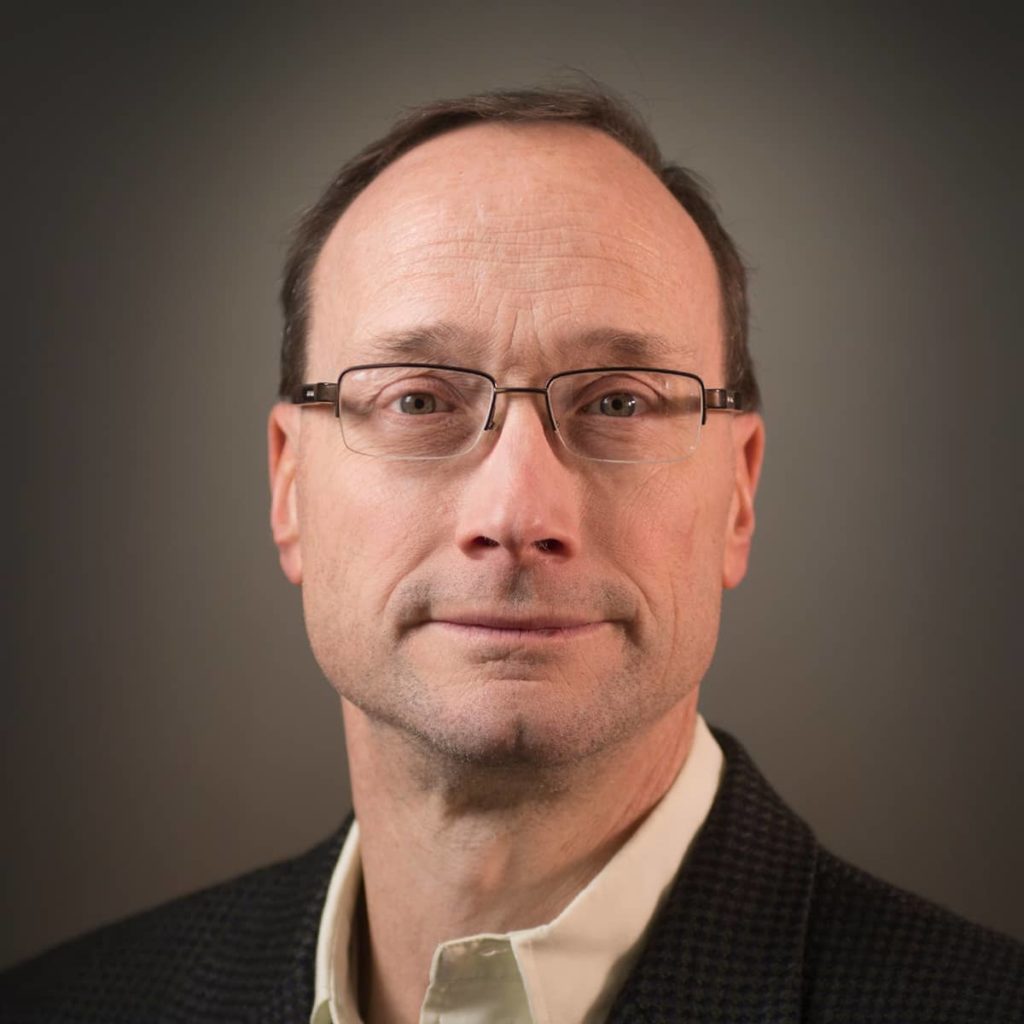
Bert Hochwald
Project Team Lead
Bertrand Hochwald, Ph.D., serves as the Frank M. Freimann Professor of Electrical Engineering and Co-Director of the Wireless Institute at the University of Notre Dame. Hochwald has invented and co-invented technologies and published research articles that have become mainstays of communication theory and practice, including differential multiple-antenna methods, linear dispersion codes, channel estimation analysis, and multi-user vector precoding methods.
He is currently working on high-frequency radio circuits, sixth-generation cellular technologies, and methods to reduce human exposure to electromagnetic radiation from cell phones. Hochwald also oversees one of the Wireless Institutes flagship projects, the RadioHound spectrum sensing platform, currently on its third version. This multi-year project is unique in that the sensors have been designed and implemented predominantly by a team of graduate students, and have been deployed in trials run by the Federal Communications Commission and the US Postal Service.
He holds 47 U.S. patents in wireless communication and is the recipient of several achievement awards while employed at the Department of Defense and the Prize Teaching Fellowship at Yale University. He has more than 125 publications, several of which have been listed by Thomson ISI as most-cited over multiple years. Hochwald has also served as an editor for several Institute of Electrical and Electronics Engineers (IEEE) journals. He has received several paper awards, including the 2018 IEEE Antennas and Propagation Society’s Harold A. Wheeler Applications Prize Paper with student Ding Nie. He is a Fellow of the IEEE and the National Academy of Inventors. Thomson Reuters has awarded Hochwald “The World’s Most Influential Scientific Minds,” multiple times for the significant global impact of his work.
Hochwald believes that wireless communications methods are, after their first 100 years, still in their infancy, and if everyone understood their smartphones a little better, they would all want to design their own.
- bhochwald@nd.edu
- 574-631-8875
- University of Notre Dame
- https://ee.nd.edu/faculty/bertrand-hochwald/